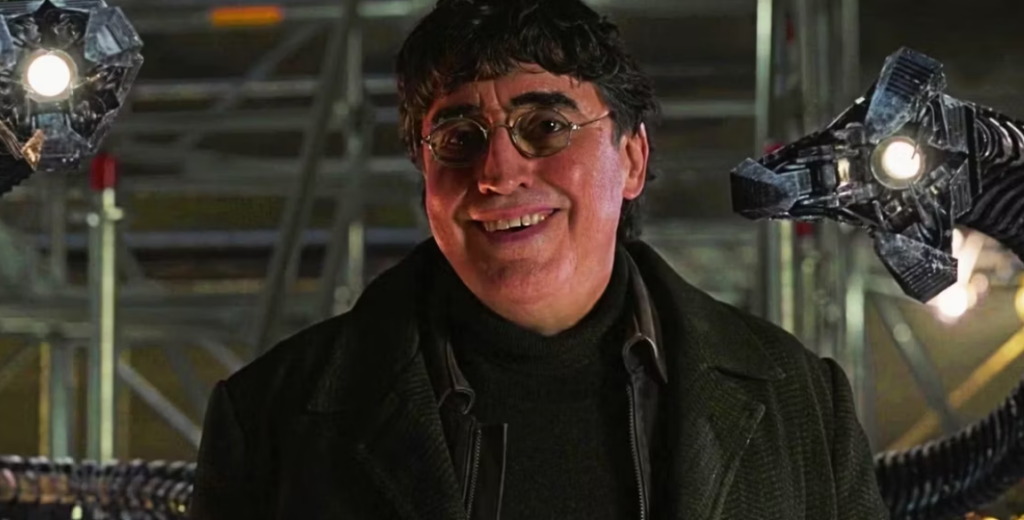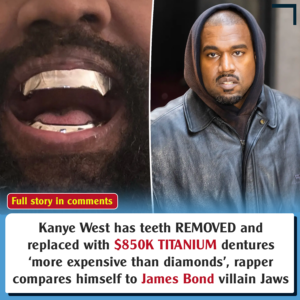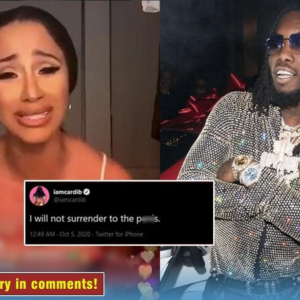Spider-Man 2 is one of the best superhero movie sequels of all time, but one theory explains one of the movie’s few problematic scenes.

While an effective sequence, Ock’s change of heart before death does happen a bit abruptly. It’s never been a big enough problem to ruin one of the best comic book movies of all time, but on repeat viewings, it’s unclear why Otto Octavius snaps out of it when he does. Now, a modern Spider-Man movie may have provided an answer.
Doc Ock’s Spider-Man 2 Ending Never Quite Made Sense
At the beginning of Spider-Man 2, Doctor Otto Octavius is a well-meaning scientist trying to develop a new, clear power source for humanity. Unfortunately, the mechanical arms he uses to handle the volatile substance end up attaching to his brain stem and twisting him into the villainous Doctor Octopus. It’s a tragic turn that sees one of Peter’s few mentor figures unknowingly turn against him, but Spider-Man 2’s ending sees the scientist return to his previous mental state and sacrifice himself to save the city. On paper, it makes sense, but in practice, his turn away from villainy happens a bit too fast.
One minute, Doc Ock is holding Peter by the throat, and it only takes a short speech to snap him out of it, after which he’s back to his pre-metal-arm mental state. The heroic monologue is a superhero movie staple, but the ease with which Peter gets through to Otto makes one wonder why he couldn’t simply do it earlier. However, the process may have happened over a longer period of time from Otto’s perspective.
No Way Home Explains Otto’s Change of Heart
In the MCU’s Spider-Man: No Way Home, most of the villains from Spider-Man’s cinematic history are all pulled together for an epic confrontation with each big-screen Peter Parker. When they get there, each villain still wants to kill Spider-Man for one reason or another. While Doctor Strange wants to return them to their own worlds as quickly as possible, MCU Peter Parker decides to rehabilitate them. It doesn’t work for some, but he is able to undo the corrupting effect of Ock’s tentacles, returning Otto to the good man he once was. Then, at the end of the movie, the villains are returned home.
In No Way Home, Ock explains that the last thing he remembers before being transported is holding Spider-Man by the neck, and that’s presumably the moment he’s returned to. That means that the moment Ock has a change of heart is immediately after he’s “fixed” in No Way Home. With that, his change seems far less abrupt, and the MCU movie fits in surprisingly well with the previously established Spider-Man 2 story.

No Way Home’s Ending May Not Have Been As Optimistic As It Seems
Both Doctor Octopus’ redemption at the end of Spider-Man 2 and his return to “good-guy” status in No Way Home are satisfying, but his arch in the latter is actually a bit sadder than it seems. Strange’s spell returns the Spider-Man villains to the moment they were first plucked from the timeline, but for most, that’s right before their deaths. It’s possible others were able to change their fate and avoid death, but if Ock’s Spider-Man 2 change of heart was caused by No Way Home, it means his death in the movie stays canon.
Regardless, even with his death, Doctor Octopus’ arc is still ultimately a heroic one. His initial intentions were noble, and his turn to villainy was against his true will and wishes. In dying, he was able to ensure the survival of Peter Parker, who goes on to save more lives and do more good for NYC. It’s this complex characterization that keeps Doc Ock one of the best superhero movie villains and a timeless part of Spider-Man 2.





